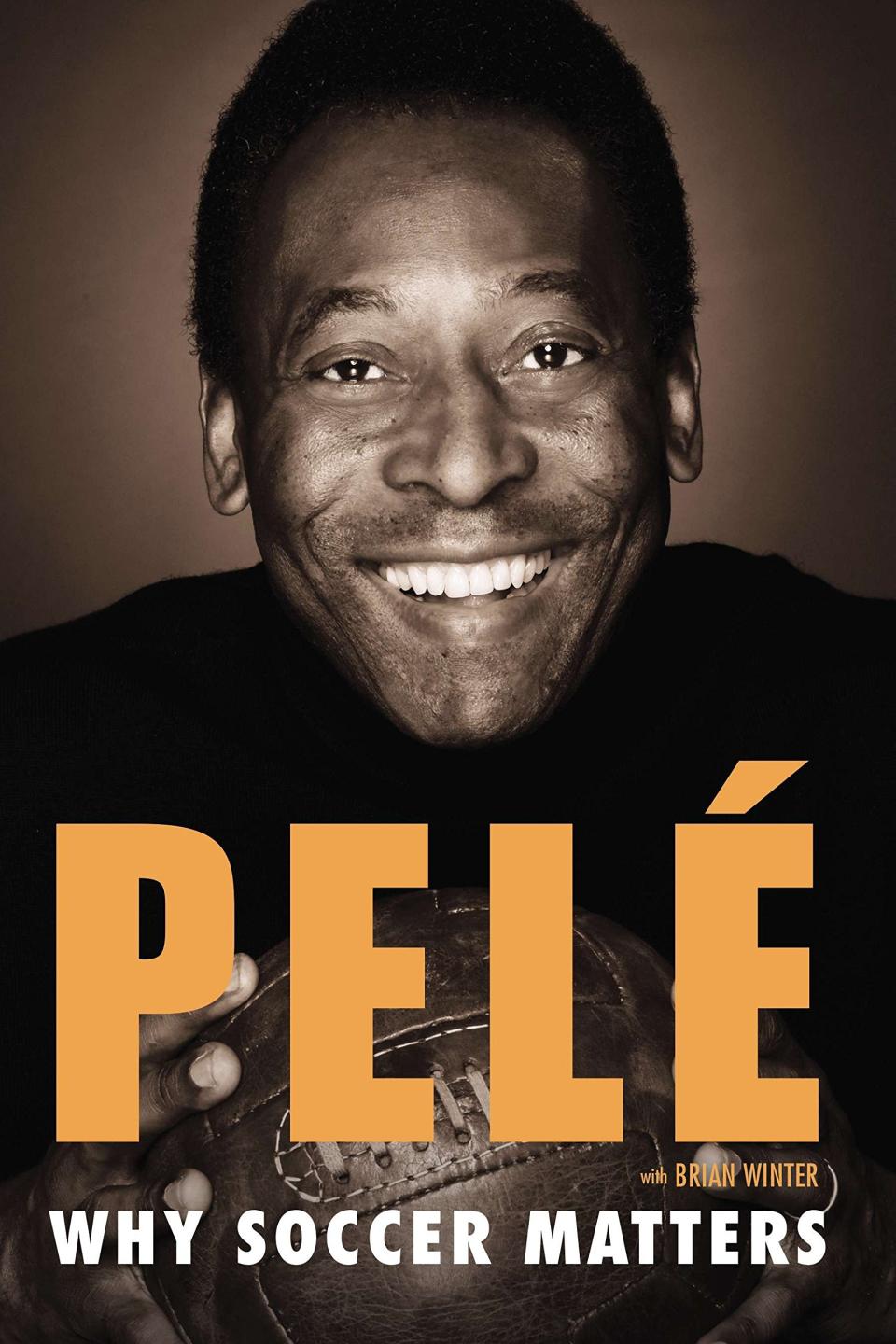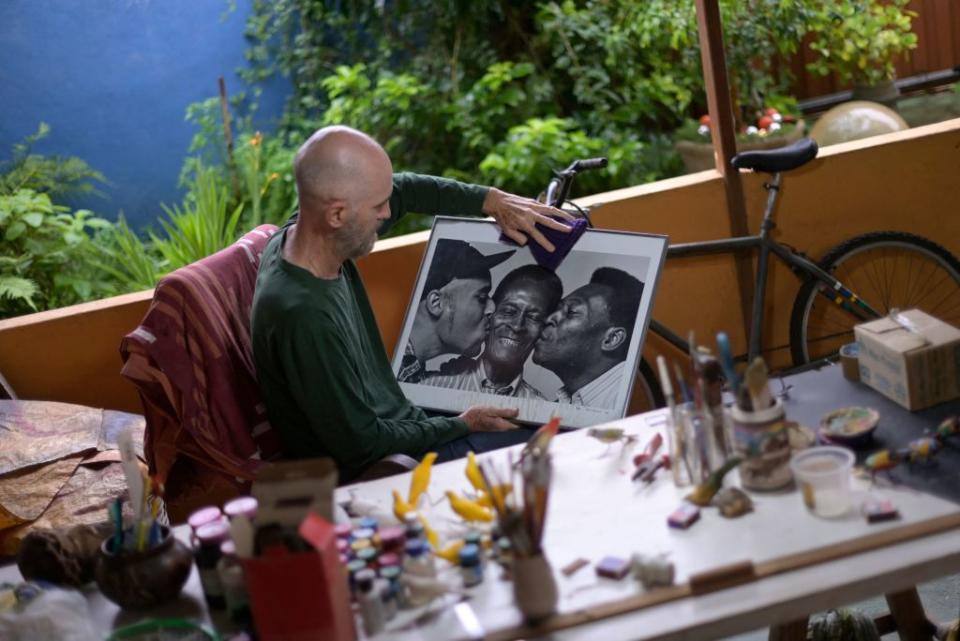Pelé‘s Memoir Revealed the Promise He Made to His Dad: ’One Day, I’ll Win the World Cup for You”

If you purchase an independently reviewed product or service through a link on our website, Rolling Stone may receive an affiliate commission.
Besides playing soccer better than anyone, Pelé, who passed away on Thursday at 82, was a master of using “the Beautiful Game” to uplift people around the globe.
More from Rolling Stone
This humanitarian aim, which marked Pelé’s career and post-retirement work, is explored in his 2015 memoir Why Soccer Matters: A Look at More Than Sixty Years of International Soccer. Following the soccer legend’s passing, Why Soccer Matters is getting renewed attention online, climbing on Amazon’s best-sellers charts (pick it up here in paperback, kindle, or audiobook format).

Why Soccer Matters: A Look at More Than Sixty Years of International Soccer
The book begins with Pelé’s early childhood in São Paulo, Brazil, where he developed a deep love for soccer from “pickup games on the street, weaving through small brick houses and pot-holed dirt walls,” long before — as he puts it — he had “fancy gear” and “expensive jerseys.”
Born Edson Arantes do Nascimento, Pelé was named after Thomas Edison, because at the time of his birth in 1940, he writes, the electric lightbulb had just come to his family’s village. “It turns out they missed a letter,” the soccer star writes in his book, “but I’ve always loved the name anyway.”
Pelé also writes about a pivotal moment in his early life: Brazil’s upset World Cup loss to Uruguay in 1950. “Standing around the radio, and suffering together on July 16, 1950, gave Brazilians a shared experience,” he writes. “For the first time, rich and poor alike had something in common, something they could discuss with anybody on the street corner, whether they were in Rio, Bauru, or deep in the Amazon.”
“We take this sort of thing for granted now; but it was very important back then, in creating a common story of what it meant to be Brazilian,” he continues. “We weren’t strangers anymore. And I don’t think we ever really were again.”
In the book, Pelé says he learned almost everything he knew from his father, a professional soccer player who went by the name Dondinho. “I’m certain he had the chance to be one of the all-time Brazilian greats — he just never had the chance to prove it,” writes Pelé.
Pelé also remembers how, following Brazil’s World Cup loss, he saw his dad cry for the first time: “As my despair subsided, it was replaced by something else—something deeper. I dried my tears, walked into the living room, and put my hand on my dad’s arm. ‘It’s ok, dad,’ I told him. ‘One day, I promise, I’ll win the World Cup for you.'” Pelé did, of course, deliver on this promise — three times over.

Why Soccer Matters also documents Pelé’s post-retirement work as the sport’s global ambassador, which saw the athlete using soccer to transform struggling communities worldwide. This final chapter of Pelé’s life — which lasted almost half a century — seems to be his ultimate project: “I know in my heart that soccer was good to me, and great to the world,” he writes. “I saw, time and again, how the sport improved countless millions of lives, both on and off the field. For me, at least, that’s why soccer matters.”
Best of Rolling Stone
Click here to see more up-to-date holiday deals!

